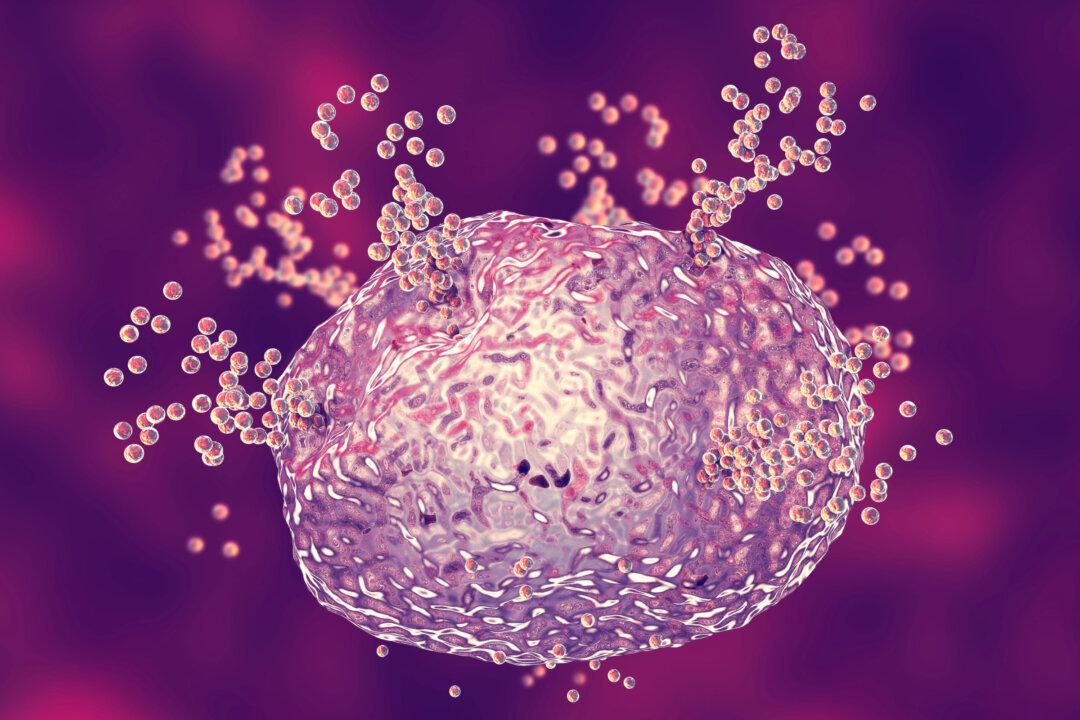Support Your Body
For people who’ve been infected, or face lingering symptoms, it’s especially important to support their immune system and combat the virus.
As we continue to face COVID-19, we want to emphasize the importance of proper immune function. Whether you have had COVID-19 and want to facilitate the best recovery possible, desire to avoid triggering an autoimmune condition, or want to bolster your immune system to avoid succumbing to a serious case, you can take steps to strengthen your immune response.
For those that have had COVID and are suffering lingering symptoms—a condition known as post-viral syndrome that can happen to some people after any viral infection—holistic approaches offer a way to help resolve the ailment. Functional medicine emphasizes holistic and integrative supplements, diet, and lifestyle factors that are safe and effective and can help your body recover.
Before we get into some specifics, a reminder: focus on the basics. We often underestimate the power that diet and lifestyle have on the immune system, especially with regard to COVID-19. Ensuring proper sleep, consuming an anti-inflammatory diet, getting adequate movement, and managing stress are crucial for preventing any viral infection, including COVID-19.
Here are some other approaches that can help you give your body more of what it needs:
1. Vitamin D
Research indicates that individuals with low levels of vitamin D are more likely to succumb to more serious illness from SAR-CoV-2. Vitamin D has been shown to activate macrophages, stimulate antimicrobial peptides, and modulate TH17 cells. Vitamin D also modulates cytokines. Due to these powerful immune-supporting properties, patients taking vitamin D have seen reduced progression, severity, and duration of illness. Furthermore, symptoms of post-viral syndrome seem to resolve relatively quickly by optimizing vitamin D levels. A note for readers to consider is that vitamin D is a fat soluble vitamin so taking too much can cause toxicity and therefore knowing your blood levels is important to supplement safely.






